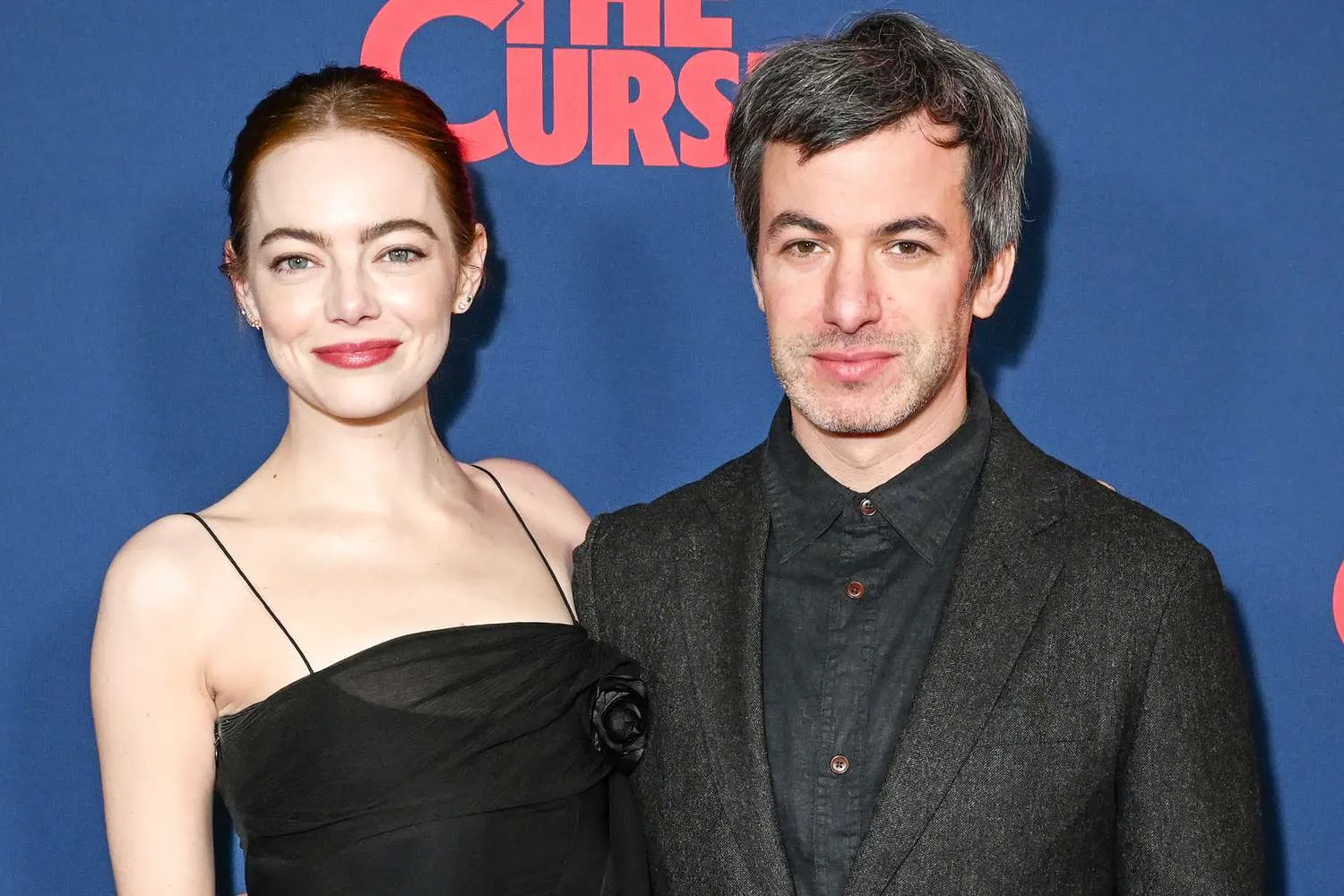Bruce Willis’ Heartbreaking Battle: From Action Star to Facing Dementia
In a profound journey that has captured the hearts of millions worldwide, Bruce Willis, once Hollywood’s quintessential action hero, now faces an unexpected and challenging battle with frontotemporal dementia (FTD). The legendary actor’s story is a poignant reminder of the unpredictable nature of neurological disorders and the resilience of the human spirit.
A Sudden Turn of Events
Willis’ health challenges first came to public attention in March 2022 when his family announced his diagnosis of aphasia, a cognitive communication disorder that significantly impacts language and communication abilities. This initial revelation shocked fans and colleagues alike, marking a dramatic shift in the life of the star known for his powerful on-screen presence.
By December 2022, the situation took an even more serious turn. The Willis family courageously shared that Bruce’s condition had progressed to frontotemporal dementia, a devastating neurological condition that progressively affects behavior, personality, and cognitive functions. The announcement brought unprecedented attention to a often-misunderstood neurological disorder.
The Impact on a Legendary Career
The progression of Willis’ condition dramatically transformed his once-illustrious acting career. Crew members and directors began noticing significant challenges during film productions:
- Difficulty remembering lines
- Confusion on set
- Reduced ability to perform complex scenes
- Need for shortened dialogue and body doubles
“It was heartbreaking to see a once-vibrant performer struggling to maintain his trademark energy,” said an anonymous film industry source.
Family’s Unwavering Support
Willis’ family, including daughters Rumer, Scout, and Tallulah, have been instrumental in raising awareness about FTD. Tallulah, in particular, has shared deeply personal accounts of her father’s daily struggles, bringing a human touch to the medical narrative.
Understanding Frontotemporal Dementia
FTD is characterized by the progressive degeneration of nerve cells in the brain’s frontal and temporal lobes. Unlike other forms of dementia, FTD often impacts:
- Language skills
- Behavioral patterns
- Emotional regulation
- Decision-making capabilities
A Broader Conversation
Willis’ public battle has inadvertently sparked a crucial dialogue about neurological disorders. His family’s transparency has:
- Increased public awareness
- Reduced stigma around dementia
- Encouraged more research funding
- Provided support for other families facing similar challenges
No Simple Solutions
Currently, medical science offers limited treatment options for FTD. There are no definitive cures, making early detection and comprehensive support critical for patients and their families.
Hollywood’s Response
The entertainment industry has responded with a mix of compassion and professional adaptation. Many colleagues have expressed support, while others have carefully navigated the complexities of working with an actor experiencing cognitive challenges.
A Legacy Beyond Acting
Despite the devastating diagnosis, Bruce Willis remains a beloved figure in Hollywood. His iconic roles in films like “Die Hard” and “Pulp Fiction” continue to define his remarkable legacy.
Looking Forward
The Willis family continues to advocate for FTD research and awareness. Their message is clear: hope, love, and understanding can transform even the most challenging medical journeys.
Conclusion
Bruce Willis’ battle with frontotemporal dementia is more than a celebrity health story. It’s a powerful narrative about human vulnerability, family love, and the importance of compassion in facing life’s most unexpected challenges.
Note: This article is dedicated to Bruce Willis and all individuals and families navigating the complex landscape of neurological disorders.






Leave a Comment